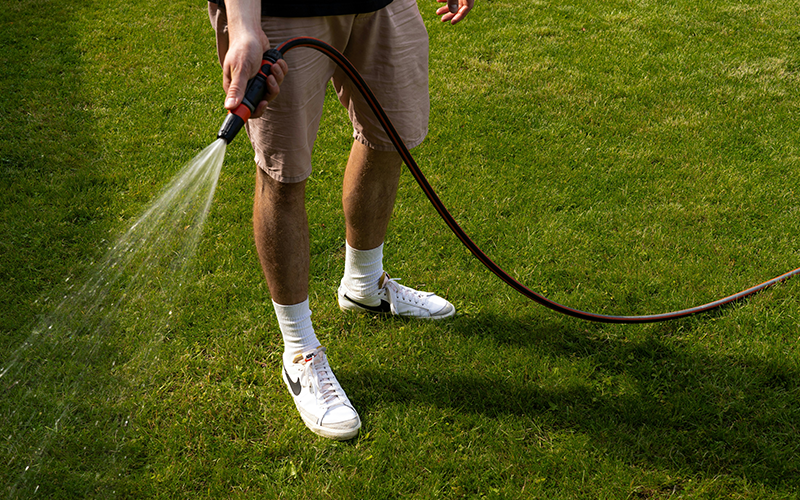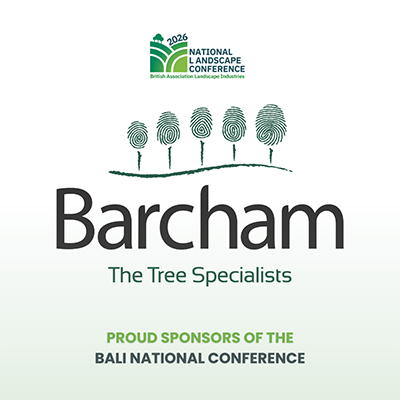
Are turbo-charged hosepipe bans on the cards?
Many will be familiar with hosepipe bans (aka temporary use bans) – which mainly place restrictions on how households can use water in times of drought – but an NEUB is less common and limits how businesses can use water.
Following the introduction of hosepipe bans by several water companies this year, South East Water has become the first to apply for an NEUB, limited to customers in Sussex – the application still needs to be granted and implemented, neither of which is guaranteed.
What is a non-essential use ban?
As above, an NEUB is aimed at restricting non-domestic uses of water during periods of drought and its full scope is set out in the Drought Direction 2011.
The Drought Direction 2011 includes 10 activities which can be banned under an NEUB:
- watering outdoor plants on commercial premises
- filling or maintaining a non-domestic swimming or paddling pool
- filling or maintaining a pond
- operating a mechanical vehicle-washer
- cleaning any vehicle, boat, aircraft or railway rolling stock
- cleaning non-domestic premises
- cleaning a window of a non-domestic building
- cleaning industrial plant
- suppressing dust
- operating cisterns
South East Water has also published an FAQ on its potential NEUB which describes the kind of landscaping and horticulture businesses likely to be affected:
“Companies that maintain public or commercial green spaces, golf courses, and sports fields would be prohibited from using mains water. This would also affect businesses that sell and install newly laid turf, although some concessions may apply for a limited time.”
Future prospects
The hosepipe bans introduced this year followed the direst spring on record, which caused reservoir levels to fall to unusually low levels.
Recent wet weather has helped to replenish water supplies but reservoirs in England are still only 75% full on average, with the Ardingly Reservoir in Sussex down at 38%.
The Environment Agency is saying average amounts of rainfall are needed over the winter to return reservoirs to normal levels, meaning below average rainfall could bring further hosepipe bans and even NEUBs in 2026.


